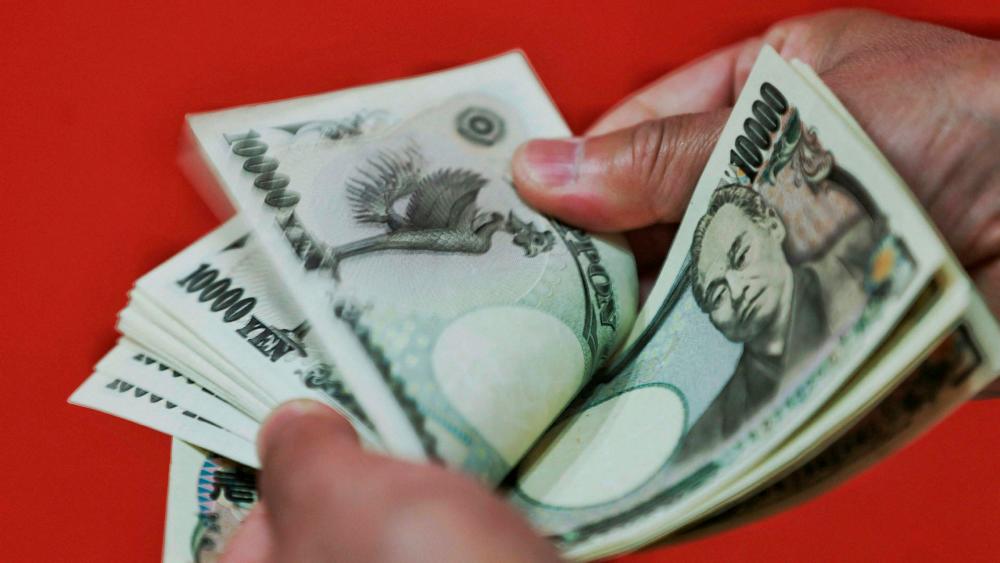TOKYO: Japan’s regular pay grew at the fastest pace in over 28 years in May, government data showed on Friday (July 7), as wage increases induced by labour talks this spring started to take effect.
Base salary soared 1.8% in May year-on-year, the biggest rise since February 1995.
Wage growth is one of the key trends on the Bank of Japan’s (BOJ) radar as the central bank considers if and when it should unwind its ultra-loose monetary stimulus. BOJ governor Kazuo Ueda has repeatedly stressed the need to keep policy accommodative until wages increase enough to keep price growth sustainably around its 2% target.
The country’s largest trade union group Rengo said on Wednesday its member unions saw the biggest pay increase in three decades, with an average hike of 3.58%, at this year’s salary negotiations. The results from the labour talks will be reflected towards the summer, labour ministry officials said.
Total cash earnings, or nominal wages, increased 2.5% year-on-year in May, after rising a revised 0.8% in April.
The consumer price index the ministry uses to calculate real wages, which includes fresh food prices but excludes owners’ equivalent rent, grew but at a slower pace of 3.8% gain in May from a 4.1% jump in April. Inflation-adjusted real wages, a barometer of households’ purchasing power, dropped 1.2% in May from a year earlier, falling for 14 months straight.
Special payments jumped 22.2% in May, after a revised 0.7% gain in April. The indicator tends to be volatile in months outside the twice-a-year bonus seasons of November to January and June to August. Overtime pay, a gauge of business activity, edged up 0.4% in May from a year earlier, compared with a revised 0.7% drop in April.
The labour ministry defines “workers” as those employed for more than one month at a company that employs more than five people, or those employed on a daily basis or had less than a one-month contract but had worked more than 18 days during the two months before the survey was conducted, at a company that employs more than five people.
Separately, government data showed Japanese household spending fell 4.0% in May from a year earlier, a third month of decline and more than a median market forecast for a 2.4% decrease.
On a seasonally adjusted, month-on-month basis, household spending dropped 1.1%, against an estimated 0.5% gain. – Reuters









